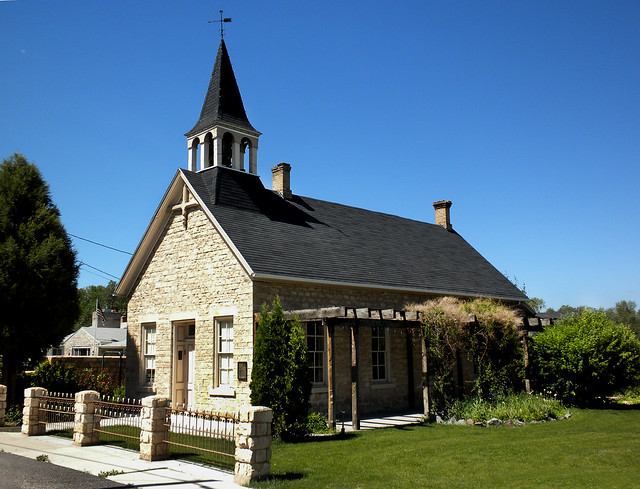 In Religion Dispatches, Katherine Stewart asks what the Hosanna-Tabor Evangelical Lutheran Church and School v. E.E.O.C. decision can tell us about how religion is viewed by the courts and, more broadly, by the government:
In Religion Dispatches, Katherine Stewart asks what the Hosanna-Tabor Evangelical Lutheran Church and School v. E.E.O.C. decision can tell us about how religion is viewed by the courts and, more broadly, by the government:
Under our Constitution, religion is something special, something that is and ought to be treated differently from every other kind of activity. I bring this up because some of the recent jurisprudence on church/state issues is based on the very opposite view: that religion is just like everything else.
The same logic was applied in a set of rulings that, at least for a time, required that New York City schools opened to the community after-hours should make themselves available as rent-free houses of worship. If you treat religious worship as something different than, say, student theater workshops and local running clubs, the reasoning went, then you are discriminating against religion.
The same line of thought informs the world of government-funded, faith-based social services. There is no difference between a secular nonprofit drug rehabilitation service and a faith-based one, right? Except that, as per the Hosanna-Tabor ruling, the religious one now has the right to discriminate against its own employees.
Read more here. For more on the decision, check out The Immanent Frame’s ongoing discussion.











